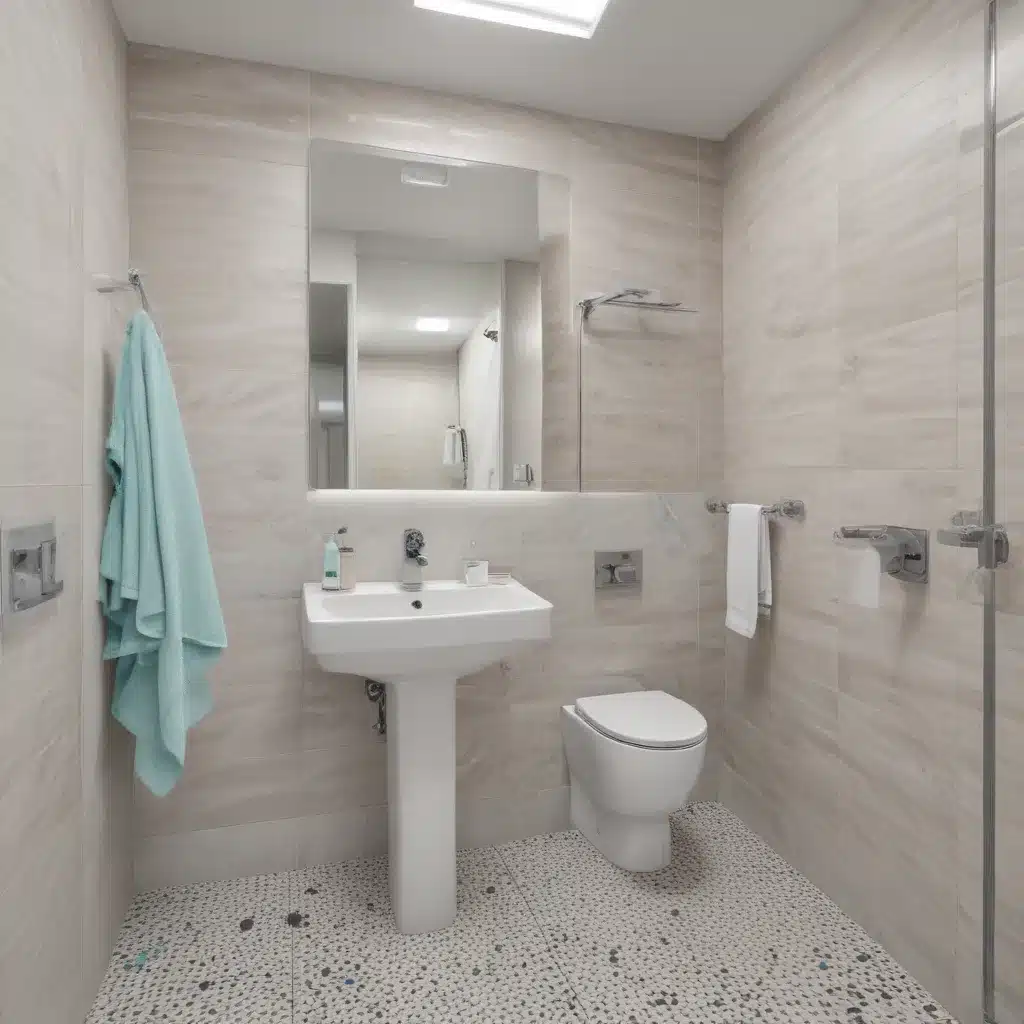Unique Hygiene Customs
Have you ever wondered about the peculiar hygiene practices of different cultures around the world? As someone who has spent the better part of a decade working in the cleaning industry in Nottingham, UK, I’ve come across some truly fascinating and unexpected hygiene customs.
Let me take you on a journey across the globe and uncover some of the unique ways people maintain cleanliness and health. From the centuries-old traditions of Asia to the modern-day quirks of Western societies, the world is full of surprising hygiene habits that might just change the way you think about staying fresh and germ-free.
The Toilet Paper Debate
One of the biggest hygiene controversies that has long divided nations is the age-old question: to use toilet paper or not to use toilet paper? While the Western world has widely adopted the practice of using toilet paper, many other cultures find this method to be unhygienic and prefer alternative cleansing techniques.
Take India, for example. The majority of Indian households use a small handheld water sprayer known as a “lota” to wash and clean after using the restroom. This practice, known as “bum-gun” or “bidet spray,” is considered much more effective at removing waste and promoting overall cleanliness.
Similarly, in the Middle East, the “left hand is the devil” rule is strictly followed, with the right hand being reserved for eating and the left hand used exclusively for, shall we say, bottom-related activities. Wiping with the left hand is seen as unclean and offensive.
The Art of Bathing
While most of us in the West are content with a quick shower or a leisurely soak in the tub, other cultures have elevated the art of bathing to a whole new level.
In Japan, the ritual of communal bathing is deeply ingrained in their cultural identity. Families and friends gather in traditional hot springs, called “onsens,” to not only cleanse their bodies but also engage in deep conversation and connection. The experience is seen as a sacred practice that promotes both physical and mental well-being.
In contrast, the Himba people of Namibia have a unique approach to cleansing. Instead of submerging themselves in water, they apply a fragrant mixture of ochre, fat, and herbs to their skin, creating a protective barrier against the harsh desert environment. This “otjize” paste is not only a hygienic practice but also a symbol of beauty and social status within their community.
The Oral Hygiene Enigma
When it comes to maintaining oral health, different cultures have developed their own innovative methods. While the majority of the world has embraced the use of toothbrushes and toothpaste, some communities have found alternative ways to keep their teeth sparkling clean.
In rural parts of Africa, the chewing stick is a common tool for dental hygiene. These natural twigs, often sourced from specific trees, are used to scrub and massage the teeth, helping to remove plaque and promote healthy gums.
In ancient China, the practice of tongue scraping was widely practiced as a way to cleanse the mouth and improve overall oral health. This technique involves using a small metal or wooden tool to gently scrape the surface of the tongue, removing bacteria and preventing bad breath.
Hygiene in the Digital Age
As the world becomes increasingly tech-savvy, it’s no surprise that hygiene practices have also evolved to keep pace with the digital revolution. In recent years, a new wave of “cyber hygiene” has emerged, focusing on maintaining the health and security of our online lives.
Password hygiene, for instance, has become a critical aspect of digital cleanliness. Experts recommend regularly updating passwords, using unique combinations for each account, and incorporating a password manager to keep your online presence secure and free from the risk of cyber threats.
Additionally, the concept of “data hygiene” has gained traction, emphasizing the importance of regularly cleaning and organizing our digital files, emails, and online storage to maintain efficiency and minimize the risk of data breaches or loss.
As we’ve explored, the world is a tapestry of diverse hygiene customs, each with its own cultural significance and practical benefits. While some of these practices may seem unconventional to us, they serve as a reminder that there is no one-size-fits-all approach to maintaining cleanliness and health.
So, the next time you visit Adam Cleaning in Nottingham, UK, for a thorough cleaning of your home or office, take a moment to appreciate the unique hygiene traditions that shape the way we view and practice cleanliness around the globe. Who knows, you might even be inspired to incorporate a few of these unusual customs into your own hygiene routine!







